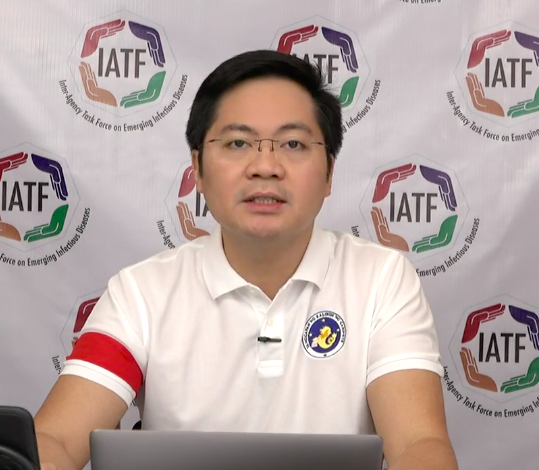MANILA, Philippines — The Philippines has imposed travel restrictions on seven more countries as it updated its “red list” effective November 28, Malacañang announced Sunday.
In a statement, acting presidential spokesperson Karlo Nograles announced that those added to the “red list” or the list of areas considered as high-risk for COVID-19 are Austria, Czech Republic, Hungary, Netherlands, Switzerland, Belgium, Italy.
Travel curbs in these seven countries will be until December 15.
These countries are in addition to South Africa, Botswana, Namibia, Zimbabwe, Lesotho, Eswatini, and Mozambique.
“Inbound international travel of all persons, regardless of vaccination status, coming from or who have been to Red List countries/jurisdictions/territories within the last 14 days prior to arrival to any port of the Philippines shall not be allowed,” said Nograles in the statement.
Only Filipinos returning to the country through government-initiated or non-government-initiated repatriation and Bayanihan flights may be allowed entry subject to the prevailing entry, testing, and quarantine protocols for countries under the red list.
On the other hand, passengers who have been to the said countries within 14 days and will arrive before 12:01 a.m. of Nov. 30, shall not be subject to these travel curbs.
“They shall nevertheless be required to undergo facility-based quarantine for 14 days with testing on the 7th day, with day 1 being the date of arrival, notwithstanding a negative RT-PCR result,” clarified Nograles.
Meanwhile, passengers who have already arrived prior to Nov. 28 are then required to complete their respective testing and quarantine protocols.
Passengers, whether Filipinos or foreigners, merely transiting through the said countries shall not be deemed as having come from or having been to the said country if they stayed in the airport the whole time and were not cleared for entry into such country by its immigration authorities.
They are, however, still required to comply with existing testing and quarantine protocols.
